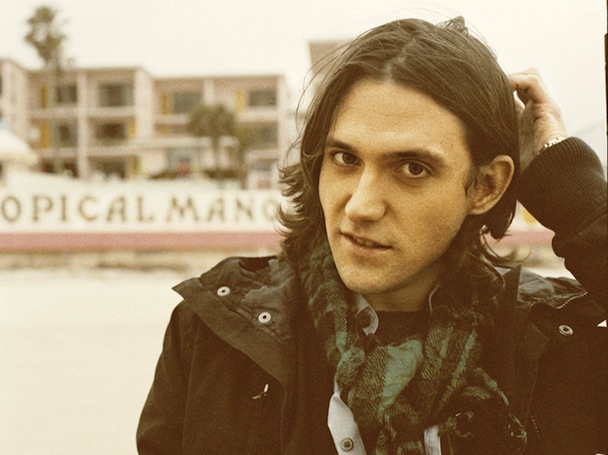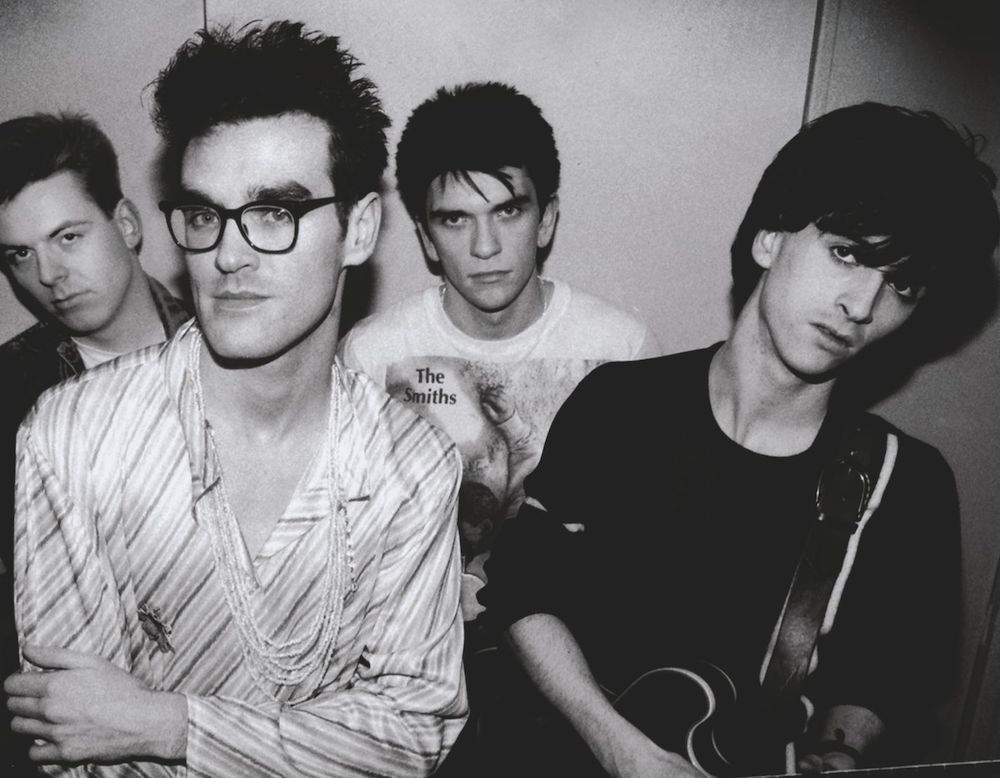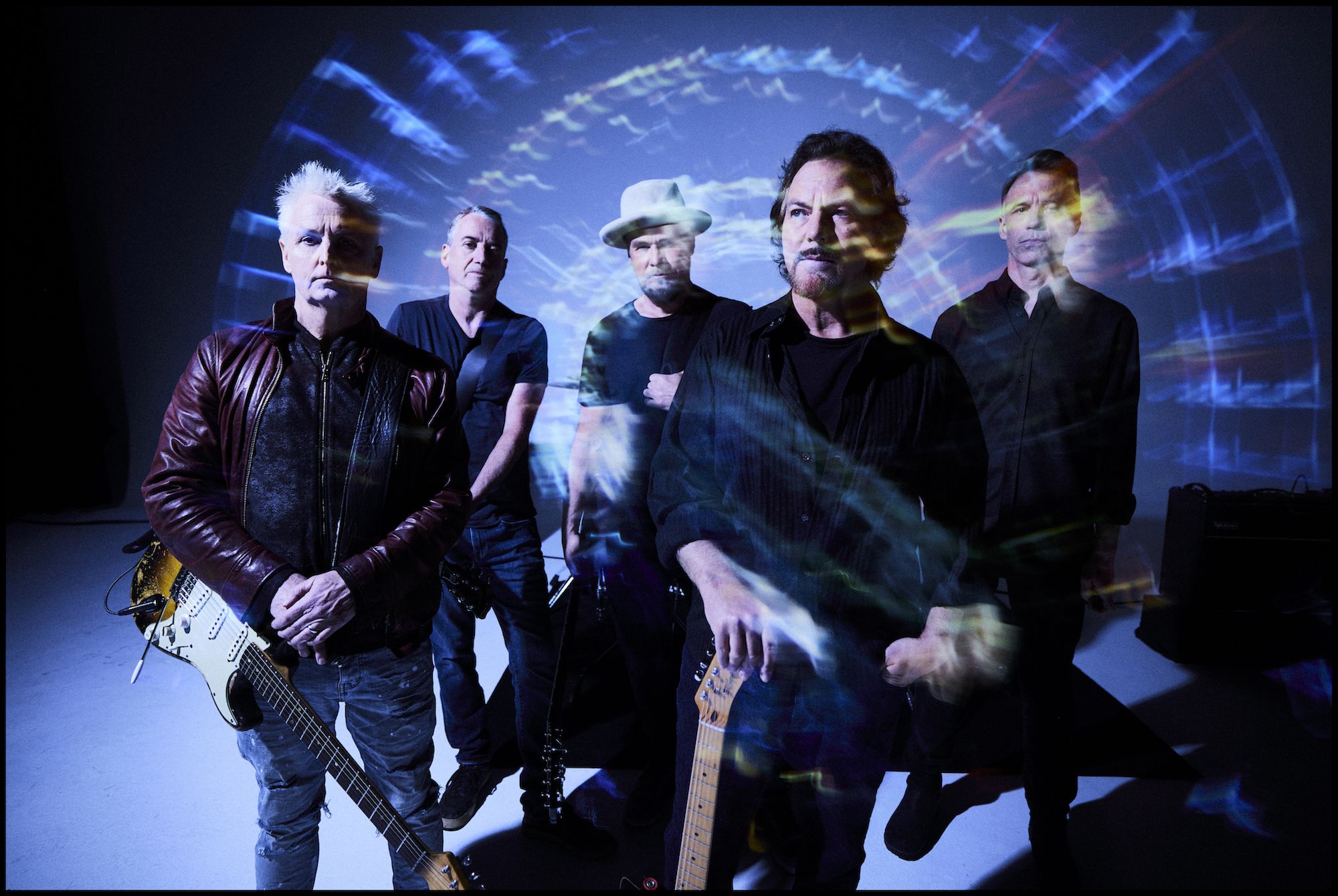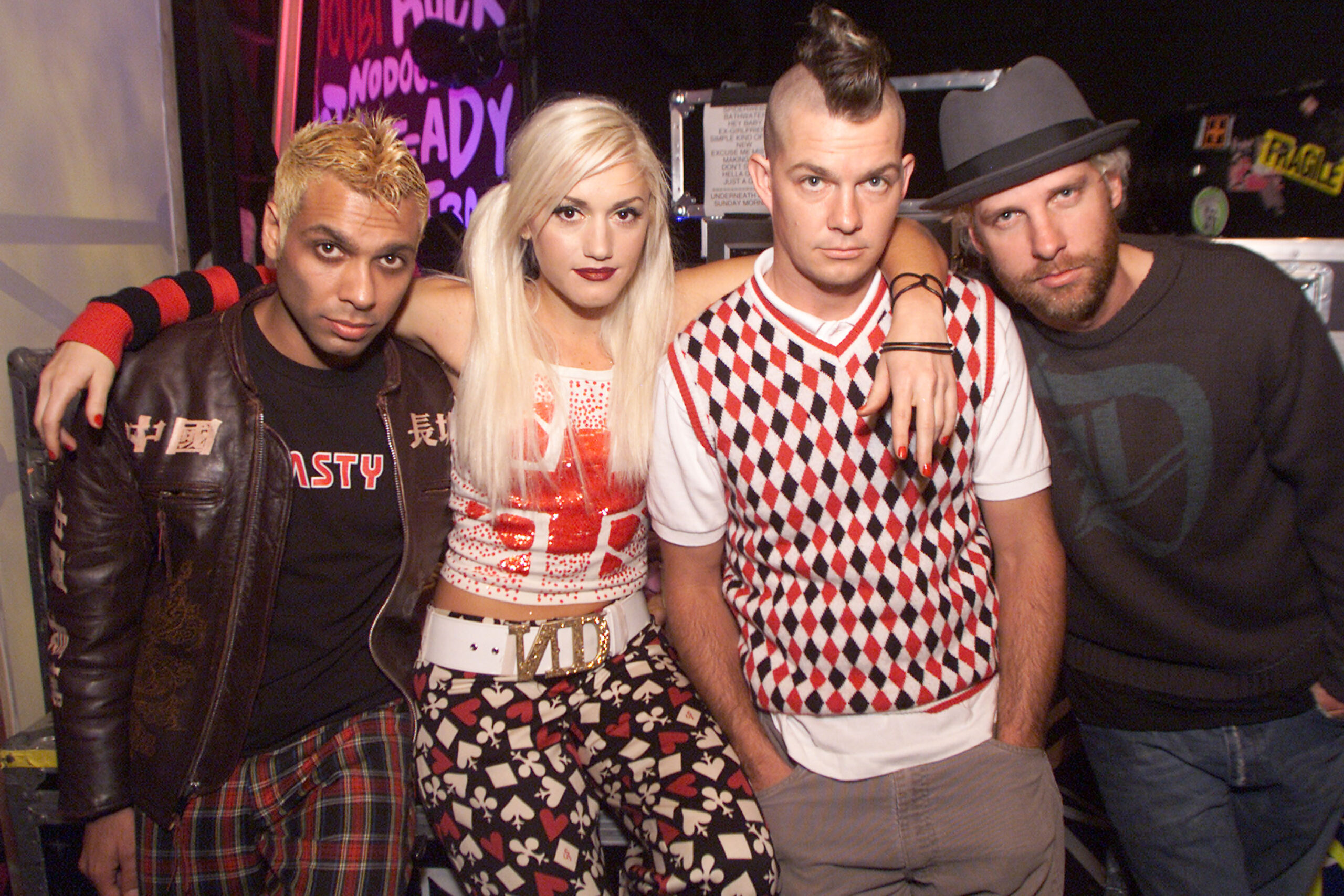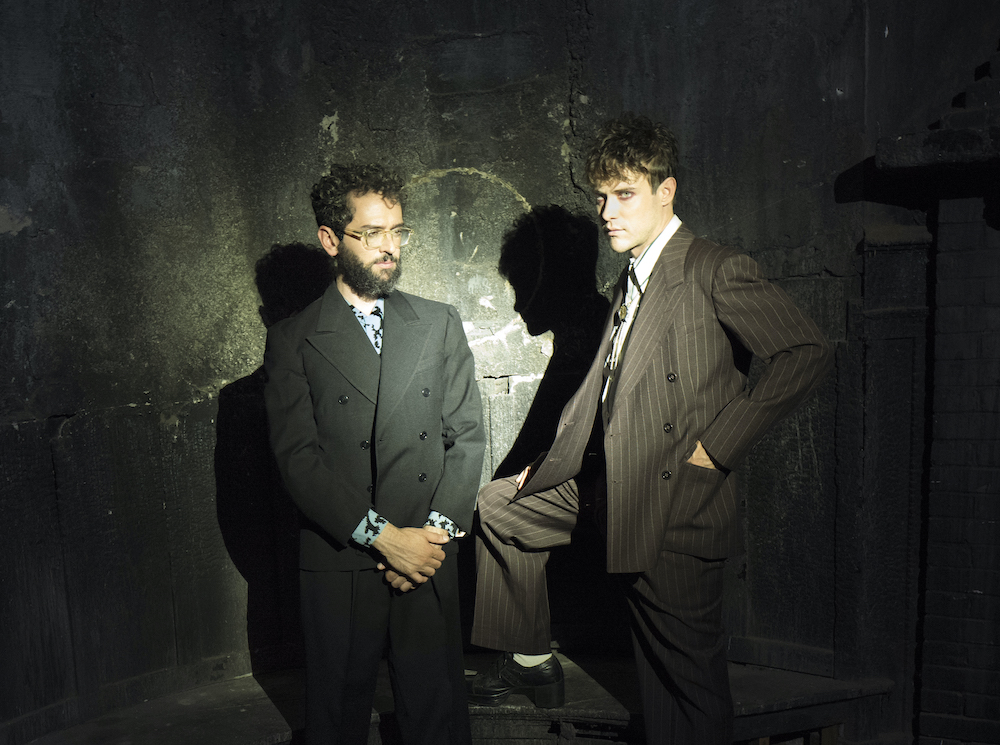"To me, Conor Oberst resembles Patti Smith a great deal," R.E.M.'s Michael Stipe told me in an interview back in 2008. "As a performer, as a magnet. He's just got that thing that she's got." The "thing" Stipe refers to has both captivated legions of followers of Oberst's band Bright Eyes, and alienated nearly equal numbers of cynical detractors.
But what is that "thing”? It's a certain rage articulated with wide-eyed vulnerability, a generosity of spirit, a steadfast commitment to move forward artistically without the fear of failure or censure. Whatever side of the fence you may fall on, it's hard to deny that Oberst has indeed cultivated a sound for himself through the years with Bright Eyes. The band has essentially been Oberst from the outset, although in 2006 he anointed trumpet/piano player Nate Walcott and multi-instrumentalist/producer Mike Mogis as permanent members.
Beginning with a set of home recordings culled on 1997's A Collection Of Songs Written And Recorded 1995-1997 on through 1998's Letting Off The Happiness, Oberst favored fractured folk numbers, seemingly endless verses in which the vocals wrapped around the spindly melodies tightly like a boa constrictor. Stylistically, he was then deeply indebted to his childhood musical heroes Simon Joyner and David Dondero.
He expanded the palette of his music and increased his fan base immensely on 2000's Fevers And Mirrors, a wittily self-aware album astonishingly belying his youth (he was 19 at the time). 2002's sprawling opus Lifted Or The Story Is In The Soil, Keep Your Ear To the Ground found Oberst continuing to broaden his audience and the confines of his sound, with the numbers evincing a baroque, everything-but-the-kitchen-sink orchestrated grandeur. It also found him lending a jaundiced eye to the toxic post-9/11 political conditions, eviscerating the U.S.'s bellicosity and hegemony.
His watershed moment took place in 2005 with the dual release of I'm Wide Awake It's Morning and Digital Ash In A Digital Urn in 2005, two markedly dissimilar albums — the former a collection of subdued folk anthems, while the later favored taut, Pixies-like processed pop. His interest in music as a political message peaked here, no doubt galvanized by the band's jaunt on the Vote For Change tour in the fall of 2004, when Bright Eyes opened arena shows for R.E.M. and Bruce Springsteen.
2007's Cassadaga found the band, now established as a trio of Oberst, Mogis, and Walcott, returning in a sense to the orchestration of Lifted but in a more natural sense, eschewing the grandiosity of overdubs in favor of the sound of a band in a room. Oberst began to explore a sort of spiritual mysticism throughout the album, inspired by a visit to the town of the album's title in Florida. Yet political invective was still interjected, particularly on the album's first single "Four Winds."
After Cassadaga, Oberst found himself with creative wanderlust, and indulged with a couple quasi-solo albums with the ad hoc Mystic Valley band and the long gestating Monsters Of Folk project featuring collaborations with Jim James and M. Ward alongside Bright Eyes member Mike Mogis. These projects were hit or miss, and lacked the singularity of vision that so rapturously captivated on Bright Eyes' best work. 2011's The People's Key was in a sense a return to the pop formula Oberst had toyed with on Digital Ash In A Digital Urn, but the arrangements were somehow more sinewy and mechanical, echoing the Blade Runner-esque struggle for humanity at the thematic core of the album.
There have been hints dropped that The People's Key may have been the final Bright Eyes album, at least for quite awhile. Oberst continues to fitfully struggle in 2013, reuniting the Desaparecidos, playing career-spanning solo shows. No matter what, though, Oberst will likely continue to follow his singularly idiosyncratic artistic muse, and piss a lot of people off in the process. But if everyone agrees about an artist, they're clearly doing something horribly wrong. Long may he polarize.
Considering his vast well of a discography, this list of the 10 best Bright Eyes songs is likely to be a contentious one. Please share your favorites in the comments.
10. "The Calendar Hung Itself" (From Fevers And Mirrors, 2000)
"The Calendar Hung Itself" is a bonafide Oberst classic, articulating one of the key motifs he would hone over the course of his career: an obsession with death on par with Woody Allen's infamous neurosis. This, juxtaposed with the notion that time is largely indifferent to one's struggles, whether frivolous or universal, lent Oberst's work a disarming eloquence. And when he rails in a rapid-fire Jeff Mangum-esque spurt, "Well the clock's heart it hangs inside its open chest/ With hands stretched towards the calendar hanging itself," the sheer conviction of his words render the track downright beguiling, with Oberst's bleating-calf vocals resonating like a heretic sermonizing in tongues.
9. "Four Winds" (From Cassadaga, 2007)
Cassadaga is perhaps the most uneven Bright Eyes album, but it isn't without its highlights. "Four Winds" is an absolutely scorching number replete with dirty fiddle and bleeding Hammond organ redolent of Dylan's Blood On The Tracks. Oberst namechecksJoan Didion's Slouching Towards Bethlehem while invoking post-apocalyptic imagery of a moribund planet dangling by a precarious thread, ready to combust once the short fuse of religion burns and detonates. He finds redemption in Cassadaga, the Florida town he journeys to so he can "commune with the dead," while urging frenetically that "you'd better look alive." Oberst has claimed that he came into Cassadaga without an agenda, only wishing to write songs about what was on his mind at any given time. More often than not this was dystopian apocalyptic dread.
8. "A Perfect Sonnet" (From Every Day And Every Night EP, 1999)
"A Perfect Sonnet" is guided by a principle not dissimilar to the red thread of fate, an East Asian belief that two individuals connected by this thread are ineluctably destined to become lovers. A prime example of why Oberst simultaneously captivates and alienates, this rough-hewn number exhibits the singer at his most histrionic, as he wails in his bleating caterwaul, "I believe that lovers should be tied together/ Thrown into a fire with their songs and letters/ Left there to burn in their arrogance" over a hyper-adrenalized fractured melody that shares more than a passing resemblance to Soul Asylum's "Runaway Train." The song denoues with Oberst urging, "I believe that lovers should be draped in flowers/ Laid entwined on a bed of clover/ Left there to sleep/ Left there to dream of their happiness." Yes, he was green at the time, but the sheer conviction and bile with which he delivered such quixotically romantic lyrics flirted with genius.
7. "Ladder Song" (From The People's Key, 2011)
On the sci-fi-inflected The People's Key, which is largely bloated with slick production, Oberst wrote and performed the scarred ballad "Ladder Song" with a vintage keyboard on which he composed many of Bright Eyes' earliest works. The song is an elegy to wasted youth, a paean to a friend who committed suicide. The incorporeal is summoned as Oberst drifts into fantasy while incanting, "Fall asleep reading science fiction/ I wanna hang in your silver ship/ Let Jesus hang and Buddha sit," before the fever-dream imagery of "Got to get to the concert/ Run off with a dancer/ Gonna celebrate" bleeds into brutal fatalistic imagery of "Welcome to the new age/ Dressed up in warrior paint." As the song's minor keys softly fade away, Oberst confesses, "You're not alone in anything/You're not alone in trying to be," as his grief dissolves into dignified resignation.
6. "Trees Get Wheeled Away" (From Noise Floor [Rarities 1998-2005], 2006)
An acoustic number with tasteful mandolin coruscations, "Trees Get Wheeled Away" was originally a more aggressive, guitar-driven rocker that the band played nearly nightly throughout the Lifted tour. It never received a proper album release, initially appearing on the Lost Highway: Lost And Found Vol. 1 compilation in 2003, and was later culled for the Bright Eyes compilation Noise Floor (Rarities 1998-2005). It was, significantly, the first song the band played on live television, on Late Night With David Letterman in May of 2003, as Oberst chose to forego more obvious Lifted hits in its favor. Unlike many of the songs on Lifted, it eschews overt proselytizing, and finds a place in the intimately personal headspace of a human being struggling to make sense of early '00s wartime culture, illustrated as Oberst quavers, "We've got no health insurance, no cellular service, no disease that they can cure, but we need more money to burn so each person can learn the dollar amount they are worth." It finds him continuing to explore the slippery dynamic of what a performer's role is, as on Lifted's "Method Acting," exhibited at the song's coda as he laments, "At the end of the play, the audience walks away. And I'll be shivering cold on a well lit stage," audibly despondent at the ephemerality of his message.
5. "First Day Of My Life" (From I'm Wide Awake It's Morning, 2005)
On a politically charged, angst-filled album, the centerpiece is perhaps Oberst's most emotionally direct song to date. "First Day Of My Life" is a plaintive, austere number that swaps in the simplistic language of the redemptive power of love and reconnection. As he confides in a lover, "And you said this is the first day of my life/ I'm glad I didn't die before I met you," the track culminates with the disarming confession, "I'd rather be working for a paycheck than waiting to win the lottery." It's this simple, nursery-rhyme structure and language that renders "First Day Of My Life"so universally affecting.
4. "Something Vague" (From Fevers And Mirrors, 2000)
Sigmund Freud posited that the retelling of dreams to a therapist was complicated by secondary and tertiary revisions, the former being the details too painful for an individual to deal with at a conscious level, the latter being the details the subject recalled but was too ashamed of to reveal. In "Something Vague," Oberst describes a recurring dream in vivid detail sans filter, as if we've been given a direct line to his cerebral cortex. He recalls "Standing on a bridge in the town where I lived as a kid with my mom and my brothers/ And then the bridge disappears and I'm standing air/ With nothing holding me/ and I hang like a star/ Fucking glow in the dark/ For all the starving eyes to see." Oberst questions the significance of his dream, and concludes that, "it's more like a ghost, something following us both/ something more like a feeling," feeding into the death-as-escape metaphor so prevalent throughout Fevers And Mirrors.
3. "Landlocked Blues" (From I'm Wide Awake It's Morning, 2005)
Of the "songs during wartime" phase of Oberst's songwriting career, "Landlocked Blues" is perhaps the most successful at fusing the political with the harrowingly personal. First appearing in a more austere form on the 2003 Saddle Creek 50 compilation, this version pulls out all the bells and whistles, including backing vocals from Emmylou Harris, and a trumpet solo from Nate Walcott that slyly references "Taps." After describing a lovemaking session "On the living room floor/ With the noise in the background from the televised war," Oberst croaks, "If you walk away I'll walk away/ Just tell me which road you will take," unsure of whether to be a optimistic or viciously cynical. He eventually opts for the latter, fulminating, "And the whole world must watch the sad comic display/ If you're still free start running away/ 'Cause we're coming for you.”
2. "Let's Not Shit Ourselves (To Love And To Be Loved)" (From Lifted Or The Story Is In The Soil, Keep Your Ear To The Ground)
A roistering countrified hoedown that acts as both a grand catharsis and a condemnation of the Bush/Cheney White House, the song is perhaps Oberst's most overtly political under the Bright Eyes moniker (the Desaparecidos are an entirely different beast). As he excoriates the "Cowboy president," and nearly hyperventilates calling out "ABC, NBC, CBS bullshit!," his vitriol is off the charts. Yet the overriding message of Lifted is preserved in the song's final line, when Oberst abjectly confesses, "How grateful I was to be part of the mystery/ To love and to be loved/ Let's hope that it's enough." And he sings the passage with so much fervent conviction that you want to believe him.
1. "Lua" (From I'm Wide Awake It's Morning, 2005)
A beautifully ascetic ballad, "Lua" is perhaps the quintessential Bright Eyes song. It finds Oberst desperately longing for connection, no matter how self-destructive — and he finds cold comfort in the vices of drugs, alcohol, and a one-night stand. But it's much more than a debaucherous, living-fast-and-loose rock and roll number extolling the virtues of booze, drugs, and sex. It's expository when it could've been exploitative, as Oberst empathizes with the damaged psyche of his female companion, crooning, "And I know you have a heavy heart/ I can feel it when we kiss." He eventually grows disenchanted with the emptiness of his lifestyle, confessing, "The mask I polish in the evening, by the morning looks like shit" echoing the contrite day-after gazing into the black mirror of the Velvet Underground's "All Tomorrow's Parties." Despite this, Oberst is unable to come to any sort of resolution, suffused with ambivalence as he confesses, "It's not something that I recommend/ But it is one way to live," suggesting that the cycle will begin all over again.
///
Listen to this playlist on Spotify.
